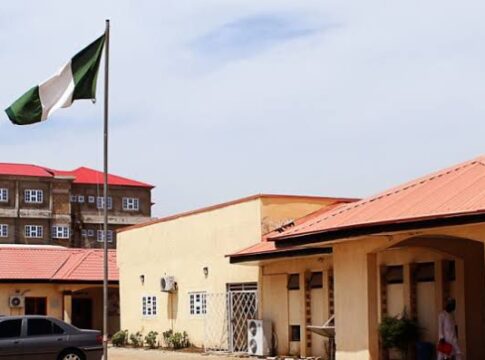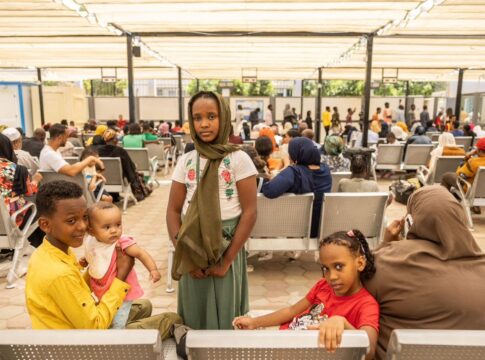In a bold move to rejuvenate Nigeria’s faltering leather sector, the Nigerian Institute of Leather and Science Technology (NILEST) has announced plans to establish mini tanneries across all 36 states. This strategic expansion aims to transform excess hides and skins into high-quality leather, significantly reducing waste and fostering economic growth.
Mohammed Yakubu, Director-General of NILEST and Chairman of the Implementation Committee of the National Leather Policy, unveiled the initiative during a press conference in Abuja on Sunday. “By setting up mini tanneries nationwide, we aim to process the vast quantities of hides and skins that are currently underutilized,” Yakubu stated. He emphasized that this initiative is crucial for providing the necessary infrastructure and technology to ensure efficient leather processing.
Nigeria once boasted 84 thriving leather industries, some of which had branches in Italy and Spain. However, poor infrastructure, particularly unreliable power supply, led to the industry’s decline. Yakubu highlighted that power costs now consume over 50% of production expenses, making Nigerian leather uncompetitive on the global stage. “We are not lacking in technology. NILEST is fully equipped to provide all technical requirements. What we need is affordable and consistent power to drive our industries forward,” he explained.
The establishment of mini tanneries is projected to process between one to five tonnes of leather weekly from each cluster. In Lagos State alone, where approximately 100,000 cows are slaughtered daily, only 48 industries are available to process the hides. This mismatch has forced many to consume hides as ‘Kpomo,’ a local delicacy, rather than utilizing them for leather production. By increasing processing capacity, NILEST aims to curb this practice, redirecting hides towards profitable leather manufacturing.
READ MORE: Nigeria’s Labour Congress Issues Strike Threat as Wage Delays Deepen Worker Poverty
Economic analysts estimate that revitalizing the leather industry could generate billions in foreign exchange and create thousands of jobs for Nigeria’s burgeoning youth population. “Our goal is to make Nigerian leather competitive with global leaders like China, Brazil, and India. Affordable power is key to achieving this,” Yakubu asserted. The mini tanneries will not only meet domestic demand but also position Nigeria as a significant player in the international leather market.
NILEST is actively lobbying the federal government for power concessions to support this initiative. Yakubu stressed that such concessions are essential for reducing production costs and attracting foreign investment. “With the right support, our leather industry can bounce back stronger than ever, providing employment and contributing to national prosperity,” he added.
The mini tannery project aligns with the National Leather Policy’s objectives to restore Nigeria’s historical presence in the global leather market. Decades ago, Nigerian leather was renowned in Europe, particularly in countries like Italy and Spain. NILEST envisions a return to these glory days, leveraging modern technology and improved infrastructure to compete on an international level.
In addition to economic benefits, the initiative promises environmental advantages by minimizing waste and promoting sustainable practices in leather processing. By efficiently utilizing hides and skins, Nigeria can reduce its environmental footprint and promote a circular economy within the leather sector.
NILEST’s comprehensive plan includes training programs for local artisans and technicians to ensure that the mini tanneries operate with the highest standards. This focus on capacity building is expected to enhance the quality of Nigerian leather, making it more appealing to both domestic and international markets.
With government support and continued investment in infrastructure, the institute is confident that Nigeria can reclaim its position as a leading leather producer, driving economic growth and creating opportunities for millions.




